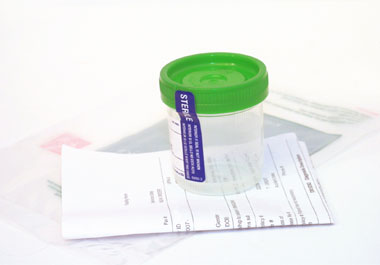Mandatory drug and alcohol testing under the Building Code 2013 Posted on October 9, 2018

Initially, FWBC will focus on assisting industry through education, providing information and helping contractors to understand the implications of the policy. In the second stage, FWBC will conduct audits with a view to providing feedback on their compliance with the requirements and assisting them with voluntary rectification to achieve compliance. In the third stage, FWBC will conduct audits and if, compliance and rectification are not achieved, undertake the usual processes to give consideration to taking further action under the Code.
FWBC will not commence the third stage until after 1 February 2016. This will give contractors adequate time to put in place Code compliant arrangements.
General duty on all contractors covered by the building code
From 16 October 2015, all building contractors covered by the Building Code must ensure that their management of drugs and alcohol in the workplace is reflected in their WHS&R management system. This requirement will help ensure that no person attending the site to perform building work does so under the influence of alcohol or other drugs.
Drug and alcohol testing is only mandatory for principal contractors on Commonwealth funded projects that meet the financial threshold
On Commonwealth projects that meet the financial threshold, principal contractors must have a fitness for work policy to manage alcohol and other drugs in the workplace which includes drug and alcohol testing.
The fitness for work policy with drug and alcohol testing is not required on private projects or on State government projects that do not meet the applicable threshold for Commonwealth funding. On these sites, the general duty on all contractors covered by the Code is to ensure that their WHS&R management system reflects how they will manage drugs and alcohol in the workplace.
The fitness for work policy with drug and alcohol testing is required on Commonwealth funded projects with the following financial threshold:
- where the value of the Commonwealth’s contribution to the project is at least $5,000,000 and represents at least 50% of the total construction project value; or
- where the Commonwealth’s contribution to the project is at least $10,000,000.
The fitness for work policy must:
- address how those on site will be required to comply with the relevant fitness for work policy (i.e. through contract or some other enforceable means);
- require the use of an objective medical testing method to detect the presence of drugs or alcohol in a worker’s system and outline which detection method is to be used on the project (i.e. oral or urine testing);
- outline the procedures in place for the selection of personnel to be tested, including staged selection across a worksite or random selection for testing if the entire workforce is not to be tested in a testing round;
- outline how a person who returns a positive result will be prevented from performing work until they can prove they are fit to return to work, and other processes that will apply in the event of a positive result or deemed positive result (i.e. a failure to submit a test);
- outline how workers who attend for work affected by drugs or alcohol will be counselled and assisted, apart from any disciplinary process that might apply.
The amendment to the Building Code specifies the substances to be tested for and that subject to testing detectable levels, there is a zero level of tolerance for all substances. At a minimum, there must be random testing of the workforce for these substances at least monthly.
FWBC is responsible for auditing contractors to ensure those subject to the Code have in place a fitness for work policy that is compliant with the Building Code.
FWBC has developed a fact sheet which explains Drug and Alcohol testing under the Building Code 2013.
The Building Code 2013, including the new drug and alcohol provisions, can be viewed on Comlaw.






